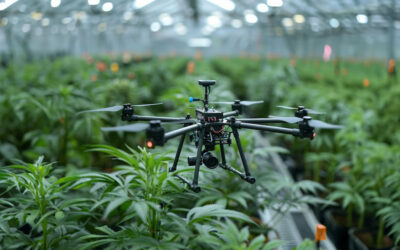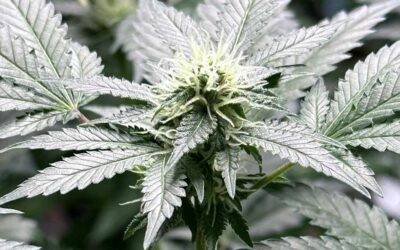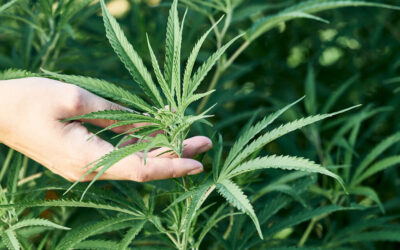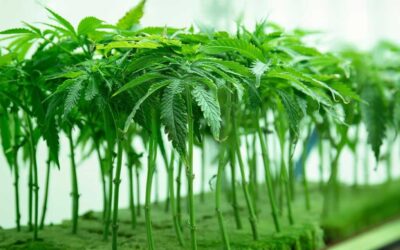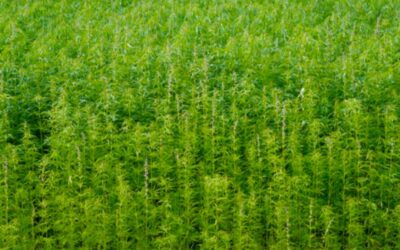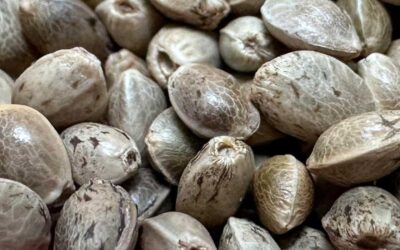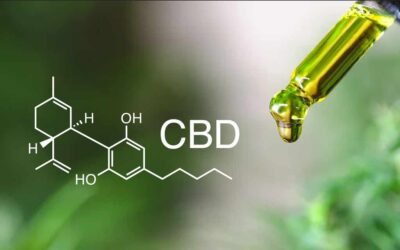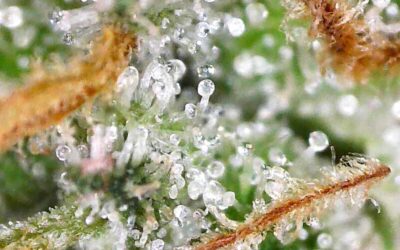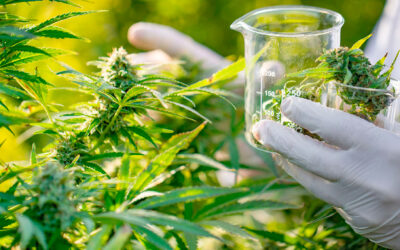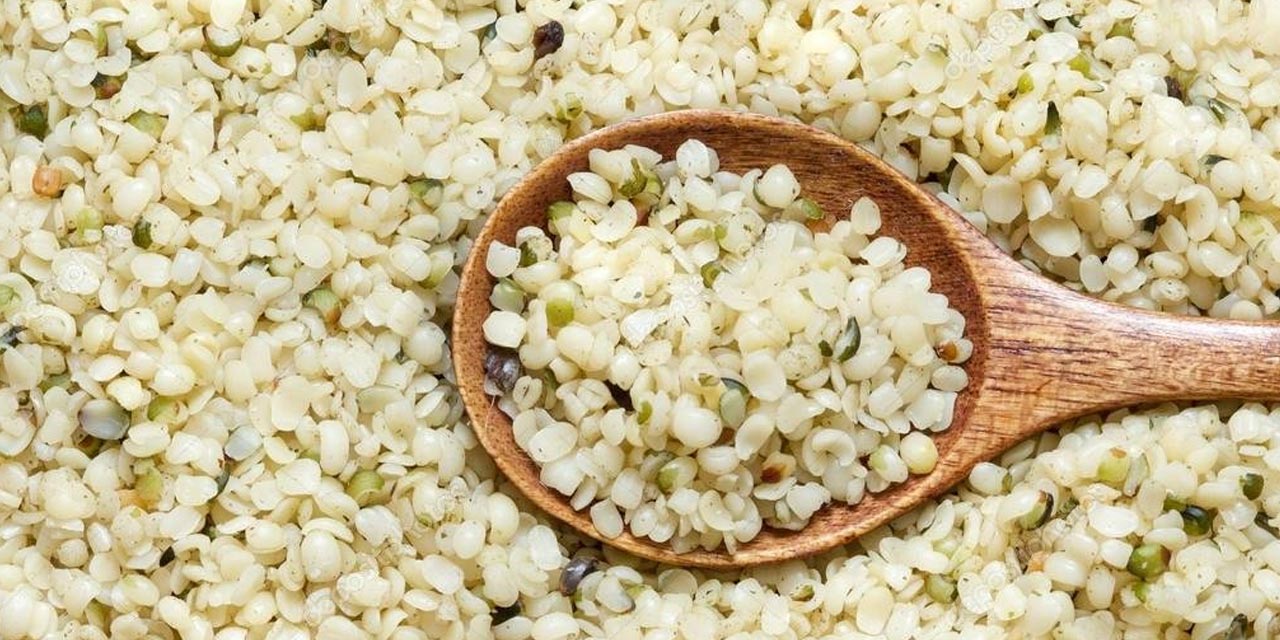
Hemp and the Food Industry
A Nutritional Powerhouse with a Sustainable Future
The use of hemp in the food industry has gained significant momentum in recent years, with good reason. Once dismissed as a controversial crop due to its association with cannabis, hemp is now celebrated as a nutritional powerhouse and a sustainable resource. As people become more conscious of their health and the environment, hemp-based foods are moving from niche markets into the mainstream. This article explores the nutritional benefits of hemp, its potential to reshape the food industry, and the environmental advantages that come with embracing this versatile plant.
Nutritional Benefits of Hemp
Hemp seeds, which come from the Cannabis sativa plant, are incredibly nutrient-dense. Unlike marijuana, industrial hemp contains only trace amounts of THC (tetrahydrocannabinol), the compound responsible for the psychoactive effects in cannabis. This makes it safe and legal to consume hemp products as a food source.
Here’s a look at some of the remarkable nutritional properties of hemp seeds:
- Complete Protein Source: Hemp seeds are a complete protein, meaning they contain all nine essential amino acids that our bodies cannot produce on their own. For a plant-based protein, this is a rare and valuable trait, making hemp an excellent protein alternative for vegetarians, vegans, and anyone looking to diversify their protein sources. About 25% of hemp seeds’ calories come from protein, comparable to some meats, dairy, and eggs.
- Rich in Healthy Fats: Hemp seeds are high in essential fatty acids, particularly omega-3 and omega-6, in an optimal 3:1 ratio for human health. These fats are crucial for heart health, brain function, and reducing inflammation, making hemp an appealing choice for people looking to improve their cardiovascular health naturally.
- Loaded with Fiber: Hemp seeds contain both soluble and insoluble fibre. Soluble fibre aids digestion and helps regulate blood sugar levels, while insoluble fibre promotes bowel regularity and a healthy gut microbiome. Together, they contribute to better digestive health and may even help reduce the risk of certain diseases.
- Vitamins and Minerals: Hemp is a good source of magnesium, phosphorus, potassium, and iron. Additionally, it contains vitamin E, a powerful antioxidant that protects cells from damage, and various B vitamins that support energy production and brain function.
Hemp in Food Products
Hemp’s versatility makes it suitable for various food products, from simple snacks to complex, health-oriented recipes. Here are a few popular ways hemp is being used in the food industry:
- Hemp Seeds and Hearts: Whole hemp seeds or de-hulled “hemp hearts” are commonly added to salads, smoothies, and cereals for an extra protein and nutrient boost. Their mild, nutty flavour complements both savoury and sweet dishes, making them an easy addition to daily meals.
- Hemp Protein Powder: With a protein content of around 50%, hemp protein powder is an increasingly popular choice among health-conscious consumers and athletes. Unlike other plant-based proteins, it is easily digestible and naturally gluten-free, offering a convenient and nutritious alternative to traditional protein sources.
- Hemp Milk: As the demand for dairy-free options continues to rise, hemp milk is gaining ground as an eco-friendly, plant-based milk alternative. Made by blending water with hemp seeds, it is creamy and nutrient-rich, containing more calcium and healthy fats than many other plant-based milks.
- Hemp Oil: Hemp seed oil is often used as a finishing oil in dressings, sauces, and dips due to its delicate nutty flavor. It’s packed with omega-3 and omega-6 fatty acids and has potential anti-inflammatory properties, making it a nutritious alternative to more common oils.
Sustainability: A Greener Alternative
Hemp is celebrated not only for its nutritional benefits but also for its environmental advantages. As the food industry faces mounting pressure to adopt sustainable practices, hemp stands out as a crop that requires fewer resources and leaves a smaller environmental footprint than many other crops.
- Minimal Pesticide and Herbicide Use: Hemp is a hardy plant that requires minimal pesticides and herbicides, reducing chemical runoff and promoting healthier soil ecosystems.
- Low Water Requirements: Unlike other high-protein crops, such as soy, hemp uses significantly less water, which makes it a valuable resource in water-scarce regions.
- Carbon Sequestration: Hemp plants absorb carbon dioxide from the atmosphere during their growth cycle, acting as a natural carbon sink. This process can help mitigate the effects of climate change by reducing greenhouse gas emissions.
- Soil Regeneration: Hemp roots grow deep into the ground, aerating and nourishing the soil. This not only prevents soil erosion but also helps to restore depleted land, making it an ideal crop for rotation with other food crops.
Challenges and the Future of Hemp in Food
Despite its many benefits, hemp still faces obstacles in the food industry. Regulatory restrictions on hemp farming vary widely by region, which can make it difficult for farmers to cultivate and sell hemp-based products. Additionally, misconceptions surrounding hemp’s relationship to marijuana continue to pose challenges, though these are gradually diminishing as awareness increases.
Another hurdle is scaling up hemp production to meet growing demand while ensuring product quality and safety. The industry will need to invest in research, technology, and supply chain development to maximize hemp’s potential as a sustainable food source. Nevertheless, the benefits of incorporating hemp into the food supply are compelling, and as regulations ease and public interest grows, hemp-based products are expected to become a staple in diets worldwide.
Hemp: The Future of Sustainable Nutrition
Hemp is redefining the future of food with its impressive nutritional profile and eco-friendly characteristics. From protein-packed hemp seeds to creamy hemp milk, this versatile crop offers a sustainable alternative that benefits both health-conscious consumers and the environment. As the demand for plant-based and sustainable food options continues to rise, hemp could play a key role in meeting these needs while contributing to a healthier planet.
As awareness of hemp’s potential spreads, the food industry is likely to see even more innovation in hemp-based products, making it an exciting time for both producers and consumers. Embracing hemp isn’t just a trend—it’s a step toward a more sustainable and health-conscious food system.













